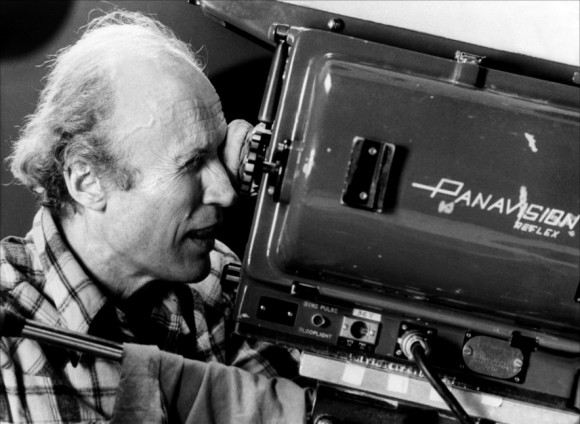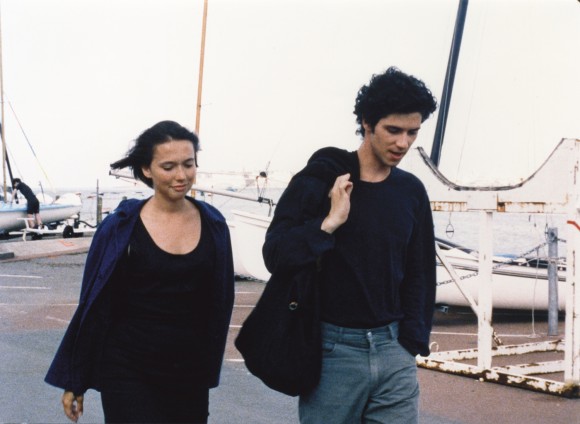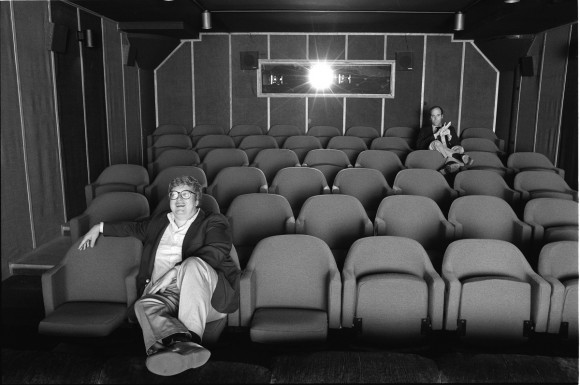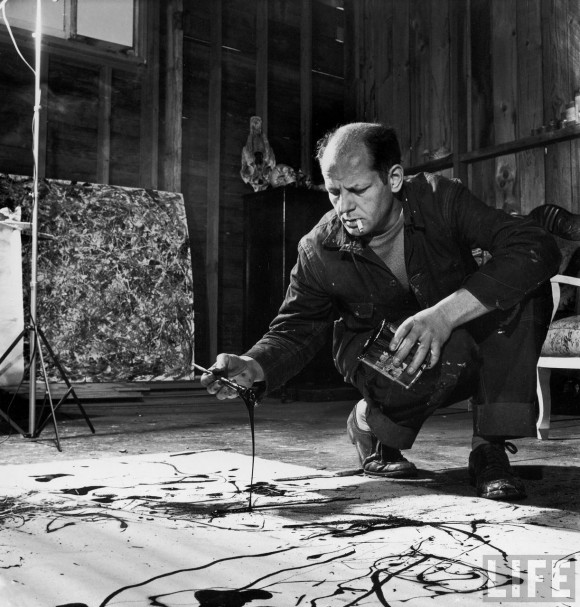
“The first time we met he didn’t talk very much, he was very shy, very intense, his blue eyes — he would look at you like a beast almost, he was very wild.”
– Melvil Poupaud (A SUMMER’S TALE) on Filmmaker Eric Rohmer
Tragically for U.S. cinephiles, Eric Rohmer’s 1996 richly satisfying A SUMMER’S TALE never enjoyed a theatrical release in the states. Now, nearly 20 years later, this situation is being rectified. Laemmle is proud to present a new restoration of this cinematic treasure to L.A. audiences. It opens next Friday at the Royal (July 18) and the following week at the Playhouse and Town Center.
Rohmer is no longer with us but his lead actor, MELVIL POUPAUD, recently spoke about his experience making A Summer’s Tale and, in the process, illuminated what made the seminal filmmaker so singular and influential. Below is the interview and accompanying article by Jose Solis of Pop Matters.
———————
June 30, 2014
By the time of his death in 2010, Éric Rohmer had cemented his status as one of the most important filmmakers in history. He was the last of the children of Cahiers du cinéma to establish a name for himself, but with films like My Night with Maud (Ma nuit chez Maud, 1969) and The Collector (La Collectionneuse, 1967), it was evident that his style was as important and groundbreaking as those of his most famous colleagues: Truffaut, Godard and Chabrol.
Obsessed with the complicated nature of what makes us human, Rohmer had first gained notoriety with his Six Moral Tales (1963), a series of films in which he explored philosophy filtered through the lens of sexual liberation and female empowerment.
Pursuing his interest of revealing film as an encompassing of truths, in the ‘90s he created a series he called Tales of the FOUR SEASONS, which he made throughout the decade, and all of which went on to gain critical acclaim. Despite the importance of his work, the enjoyment of Rohmer’s oeuvre has usually been relegated to connoisseurs, his films never won the popularity of Truffaut’s or Godard’s, which is why it might come as a surprise to realize that his 1996 A Summer’s Tale (Conte d’été) only recently made its American theatrical debut.
The third in his Tales of the FOUR SEASONS series, A Summer’s Tale features MELVIL POUPAUD as Gaspard, a young man who arrives at a small Breton resort, where he makes music and goes on walks while he waits for his girlfriend, who seems to be taking longer than expected. Perhaps inspired by the beauty of Brittany, Gaspard finds that romance thrives in the air, and soon he meets two other women with whom he develops platonic romances.
Sensual and hypnotic in equal doses, A Summer’s Tale is a rich snapshot of youth and the hopefulness contained in the realization that the world is nothing if not endless possibilities. On the eve of the film’s release, we talked to lead actor Poupaud, who shared anecdotes about the shoot, as well as insight into Rohmer’s enigmatic personality.
Have you gone back to revisit A Summer’s Tale recently? Do you ever go back and revisit your work in general?
No. Just sometimes, I catch bits of it on television or when I go to screenings. I haven’t watched the whole movie recently though. And no, I never go back and see my other films. (laughs)
The film’s use of conversation feels quite fresh, even modern, and reminds us that Rohmer was usually working ahead of his time when it came to cinematic styles. We have seen this “style” being copied time and time again in recent years. What do you think audiences will discover by going to see this instead of a big popcorn movie?
I think it would be better if they know about Rohmer’s work before the see the film, otherwise it could be a shock. Even in France his was a very special way of making films, a very special way of acting. The funny thing is that a lot of people now in France, and all around the world really,claim to be influenced by Éric Rohmer so it’s a pretext to make movies in which people talk a lot, about the weather, love, things like that.
But I believe it’s very difficult to try and imitate Eric’s style. A lot of people have tried to imitate him but they make very boring, caricature-like French films. In fact if you look at it, Éric’s filmography is very stylized, very precise and people don’t talk about bullshit.
What do you remember about meeting Éric Rohmer for the first time?
I remember I was impressed. It was one of his favorite actresses who first took me to his office in the first place, Arielle Dombasle, she was in many of his movies. She told me that Éric was looking for an actor to play in his next movie but he hadn’t found anyone yet. So she told me “you have to meet Éric because he’s looking for someone to play Gaspard.”
I was scared because I didn’t really like any of the Rohmer movies I’d seen before. I thought they were a bit boring, especially for a male character. I thought it would be bad to be an actor in his films because he’d make you look shy, awkward and stupid. I was lucky, because I think this is one of his only films where the main character is a guy—cause he mostly gave the big parts to girls—as soon as I met him I realized he’d put a lot of himself into this character.
Everything I say, everything he has to say, all the long monologues about the way he doesn’t feel like he’s part of a community, and all these ideas I really think they came from Rohmer himself. I don’t think it’s autobiographical, but it’s very close to what he was.
The first time we met he didn’t talk very much, he was very shy, very intense, his blue eyes—he would look at you like a beast almost, he was very wild. Going to his office after this first meeting, and getting to know the actresses, we would play music, because he wrote the songs I play in the movie. He was a good composer, he played the songs on piano and I had to transfer them to guitar and sometimes we would just do music and talk, and he got more relaxed with me.
We never did rehearsals before the shoot and he only wanted to do one take. His way of making movies was long shots and one take because he wanted actors to be very fresh and not to repeat themselves. He loved accidents and would keep them.
So he never gave you specific direction?
Not at all. He would spend lots of time with the actors before the shoot, to get to know them and be comfortable with them and he wanted them to know the text, because he wanted actors to say exactly what he wrote. After this period of adaptation and getting to know each other he would give you freedom.
One of the first times I came to his office he put on the radio very loud, went to the kitchen and yelled at me “Melvil, can you say the text?”, because he knew we’d shoot at the beach, with no clothes on, and it would be very loud and we would record the sound just with a boom mike, so he wanted us to be audible. That was one of his fears.
Was shooting on location like a vacation? Everyone in the film looks so relaxed.
Absolutely, because we shot in the summer time. It was funny, because even though there were a lot of people on the beach ,no one really looked at the camera. Éric was worried about this, but there were only like four people in the crew. He was funny because he was all white, so he would put on a lot of sunscreen…but anyway, people probably thought “what is this strange guy doing here?” but then they would just ignore us. Éric would then just make a little sign to let people know he was shooting and then no one would look at the camera.
After working with him did you go revisit his work to try and like it?
Yeah, I went back and looked at his films and I was always very impressed because he always stuck to reality. And then of course there was this incredible writing, incredible dialogues, every scene leads to another scene, he created suspense out of emotions and the way people behave, so beyond these natural aesthetics, there is something much more precise and stylish, the framing, the light. Every single shot for him is a piece of work. Everything was very well thought.
Rohmer was a film theorist, would he talk to you about films or mention references he’d use in this movie?
No, he was very shy. Sometimes he would mention a painting, or music. He really loved Middle Age music, a lot of his influences came from this era; the pictures, the paintings, the colors, it was all inspired by this time. Even these songs that once were performed by sailors.
For me he was like a child, I remember one time at the premiere of his friend Claude Chabrol’s La Ceremonie, there was a big event so he felt like he had to go, even though he hated the crowds, he was very antisocial. So he was nervous, biting his nails and he escaped back to his hotel after the premiere, so I come back and he was watching the dailies and I ask him “what are you doing?” and he said “I just wanted to check something.” He had become so excited by his friend’s film that he went back to try and see if his movie would be better, he was like a child that way.
Did you keep in touch with him after working with him?
Yes, because I married his niece. He was the godfather of my wife. He was very close to my ex-wife’s parents, so I saw him at my wedding. I wrote a book two years ago and I talk about him in there, but the book hasn’t been translated into English.
You also had a two-decade long collaborative relationship with Raul Ruiz. Can you talk about that?
Yes, but that was very different. I was raised by Raúl Ruiz, I started working with him when I was ten and I did over 12 movies with him, so our relationship was more like being family. I felt closer to him than I ever did to Rohmer, because I knew he was much more fascinated by young girls, anyway. I’m not sure he enjoyed hanging out with guys. I always felt he was more in his world when he was surrounded by women.
I’m happy that I was part of his work, but I was not a typical Rohmer hero.
Having worked with some of the world’s best directors, have you had the urge to direct your own films?
Yes but mostly experimental movies. Ruiz took me to his movies and he impressed me so much with his work, that even now after his death, I watch a lot of his films. I’m always digging into his work. We do an event in London, at the Serpentine Gallery where the curator is a big fan of Ruiz, so we do a special event there where we show his work.
There was something in Raúl’s work that hasn’t been seen yet, I feel people will rediscover his work. He wrote books about cinema that are absolutely incredible. For me Raúl was a thinker, while Rohmer was traditional French, kind of old fashioned in a way. Raúl was much more surrealistic and adventurous.
What are you currently working on?
I did a movie in China that I’m supposed to finish in October, with the great Fan Bingbing, it’s a period movie where I play a Jesuit and she plays the Empress of China. I did a movie in Bulgaria, where I was the only actor and the rest of the cast were gangsters and hookers, so it’s an interesting combination of fiction and reality. The next movie I’m doing in June is directed by Philippe Ramos and is called Capitaine Achab, and I play a schizophrenic priest.
Are you planning on doing any more English features?
I’d love to. I did two movies in England, one called 44 Inch Chest with Ray Winstone, John Hurt and Ian McShane, but it was very, very English so I’m not sure if it was shown in America. I also did The Broken with Sean Ellis and I had a little part in Speed Racer I loved the Wachowski brothers and this is a very special little film.








